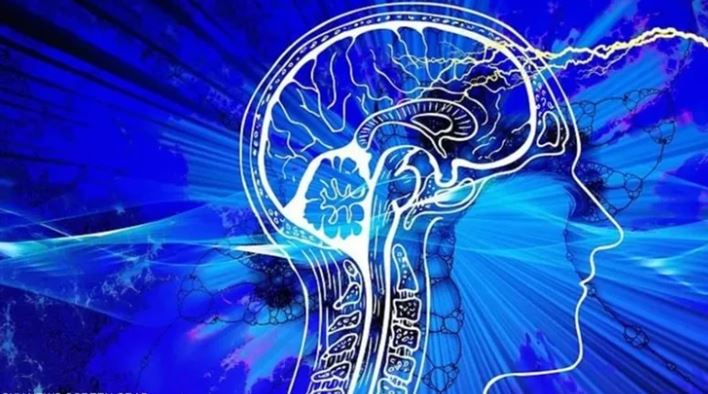


 10:44:24
10:44:24  2023-05-01
2023-05-01  1722
1722

A study reveals "exciting secrets" about the brains of Arabic speakers
German scientists have confirmed that the mother tongue of every human being affects the way certain areas of the brain are intertwined, which underlies the way humans think.
According to a recent study, scientists have confirmed that the brains of Arabic speakers differ from the brains of people who speak other languages.
The Arabic language needs great listening and concentration between the speaker and the listener, and this means that Arabic speakers work their brains in a more complex way.
A group of scientists from the German Max Planck Institute for Cognitive and Brain Sciences, headed by the lead author of the research, Dr. Chui Khoo Wei, monitored the white matter in the brains of 47 native Arabic speakers and 47 native German speakers.
The researchers made sure that they selected monolinguals, that is, they had only one native mother tongue.
The study explained that "the team of scientists asked the participants to undergo an MRI scan, to obtain high-resolution images of the brain and information about the connections between nerve fibers."
According to data recently published on the Max Planck Institute website, it was found that “native speakers of Arabic showed the following:
There is a stronger connection between the lateral parts of the brain (the temporal part) and the middle part (the parietal part). These brain regions are responsible for pronouncing words and understanding the meaning of spoken language, which is what Arabic requires of the speaker.
Different neural circuits for language processing in the brain appeared differently among speakers of Arabic than speakers of other languages.
The information indicated that, in a second step of the study that is currently underway, the researchers will analyze what happens in the brains of Arabic speakers while they are learning the German language.
By the end of the research, the scientists hope to use the findings to improve methods of learning foreign languages.
The research team points out that depending on the type of learner and their mother tongue, different strategies for language learning can be developed.
Reality Of Islam |
|

Labor short

A new ultra

Batteries p
 9:3:43
9:3:43
 2018-11-05
2018-11-05
10 benefits of Marriage in Islam
 7:5:22
7:5:22
 2019-04-08
2019-04-08
benefits of reciting surat yunus, hud &
 9:45:7
9:45:7
 2018-12-24
2018-12-24
advantages & disadvantages of divorce
 11:35:12
11:35:12
 2018-06-10
2018-06-10
 6:0:51
6:0:51
 2018-10-16
2018-10-16
 10:55:53
10:55:53
 2022-06-13
2022-06-13
 10:35:40
10:35:40
 2022-05-26
2022-05-26
 1:38:41
1:38:41
 2021-12-08
2021-12-08
 2:11:12
2:11:12
 2022-10-15
2022-10-15
 2:42:26
2:42:26
 2023-02-02
2023-02-02
 8:39:51
8:39:51
 2022-09-23
2022-09-23
 9:50:37
9:50:37
 2023-02-28
2023-02-28
 5:41:46
5:41:46
 2023-03-18
2023-03-18
| LATEST |